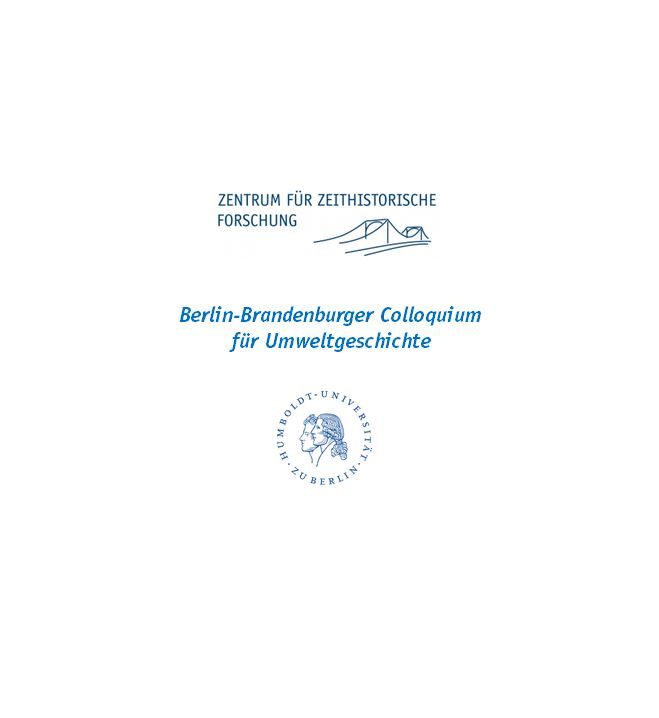Vortrag von Dr. Simone M. Müller (Rachel Carson Center for Environment and Society, München)
Zeit: 18.00 (c.t.) - 20.00 Uhr
Chemicals, some of the smallest elements on our planet, are the key actors in the story of the global waste economy. They let themselves be molded and formed into myriad compounds making up industrial and commercial products ranging from plastics to pesticides and pharmaceuticals. Chemicals provide the basis of our comfortable modern way of life. At the same time, they also have the ability to permeate into our bodies and other biological organisms and do great harm to our health and environment. After the environmental turn in the 1970s, chemicals’ effects turned out to be particularly gruesome when environmental and consumer laws deemed them unfit for consumption in one country while economic logic still allowed their commodification for other markets. Almost routinely, chemicals travelled with hazardous waste barges, as outlawed pharmaceutical and agricultural products or children’s toys from industrial places in the global North to less-developed placed in the global South. There, their effects on human health and environment manifested the inequality of a life’s worth alongside the North’s ecological debt towards the South.
This talk focuses on the international debates over chemicals as markers of environmental and social inequality on a global scale from the 1970s to the 1990s. It sets the chemicals in the focal point and so intends to not only shed new light on the political and economic processes so far exhibited in global waste studies, but also contribute to a material history of environmental history writing.
Simone M. Müller is project director and principal investigator of the DFG-Emmy Noether Research Group “Hazardous Travels. Ghost Acres and the Global Waste Economy” located at the Rachel Carson Center for Environment and Society in Munich. She is the editor of special issues with renowned journals on “Risks”, “Green City” or “Communicating Capitalism” and has written extensively on the history of science and technology, media and globalization. Her book Wiring the World. The Social and Cultural Creation of Global Telegraph Networks was published by Columbia University Press in 2016. Dr. Müller is Young Fellow at the Center for Interdisciplinary Studies at the University of Bielefeld and been nominated as outstanding young scholar for Academia.Net.
Ein Vortrag im Berlin-Brandenburger Colloquium für Umweltgeschichte Sommersemster 2017 der Humboldt-Universität zu Berlin in Kooperation mit dem Zentrum für Zeithistorische Forschung Potsdam (ZZF).
Humboldt-Universität zu Berlin
Friedrichstr. 191-193, Eingang Friedrichstr.
Lift in den 4. Stock, Raum 4026
10117 Berlin
Konzeption und Organisation des Berlin-Brandenburger Colloquiums für Umweltgeschichte (Sommersemester 2017):
Dr. Jan-Henrik Meyer (University of Kopenhagen/ZZF Potsdam)
Dr. Astrid M. Kirchhof (HU Berlin)
Eintritt frei| keine Anmeldung erforderlich
Kontakt:
Dr. Jan-Henrik Meyer http://zzf-potsdam.de/de/mitarbeiterinnen/fellows/jan-henrik-meyer
derzeit Visiting Fellow am Zentrum für Zeithistorische Forschung Potsdam
Am Neuen Markt 1
14467 Potsdam
Email: j [dot] h [dot] meyer [at] hum [dot] ku [dot] dk (j[dot]h[dot]meyer[at]hum[dot]ku[dot]dk)
Dr. Astrid M. Kirchhof
Humboldt-Universität zu Berlin
Email: astrid [dot] m [dot] kirchhof [at] geschichte [dot] hu-berlin [dot] de (astrid[dot]m[dot]kirchhof[at]geschichte[dot]hu-berlin[dot]de)

